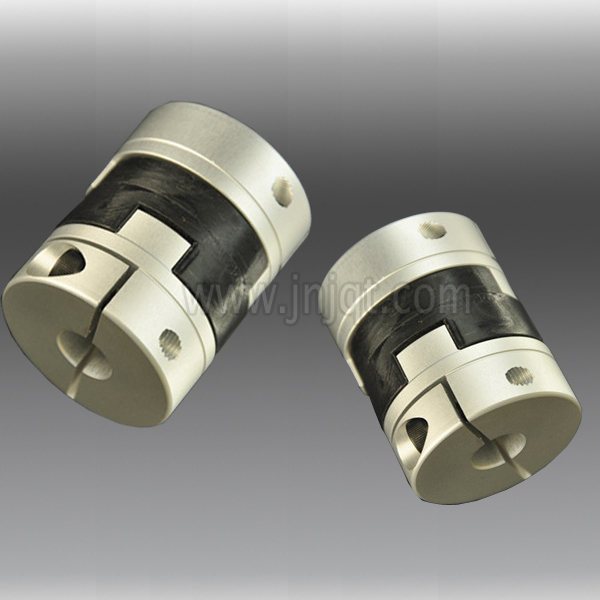superpanda
Electrical
Hi,
We are conducting performance tests on a gearbox and one of the primary ways we do this is by accurately measuring the temperature while in operation. In a test environment we drive the gearbox with an electric motor connected with a steel driveshaft. This motor is having a small but measureable heating/cooling effect depending on the temperature differentials between the two. We want to isolate the motor from the gearbox for test purposes.
Can anyone suggest a material that would be sufficiently strong but also significantly limit the amount of thermal conductivity compared to steel? A composite like phenolic would be sufficiently strong for our purposes, but is there perhaps another material that could even further minimizes heat transfer from the motor to the gearbox and have similar mechanical properties? I considered a magnetic coupling and this is a possibility, but it presents its own challenges such as limited torque.
Thanks for any input
We are conducting performance tests on a gearbox and one of the primary ways we do this is by accurately measuring the temperature while in operation. In a test environment we drive the gearbox with an electric motor connected with a steel driveshaft. This motor is having a small but measureable heating/cooling effect depending on the temperature differentials between the two. We want to isolate the motor from the gearbox for test purposes.
Can anyone suggest a material that would be sufficiently strong but also significantly limit the amount of thermal conductivity compared to steel? A composite like phenolic would be sufficiently strong for our purposes, but is there perhaps another material that could even further minimizes heat transfer from the motor to the gearbox and have similar mechanical properties? I considered a magnetic coupling and this is a possibility, but it presents its own challenges such as limited torque.
Thanks for any input

